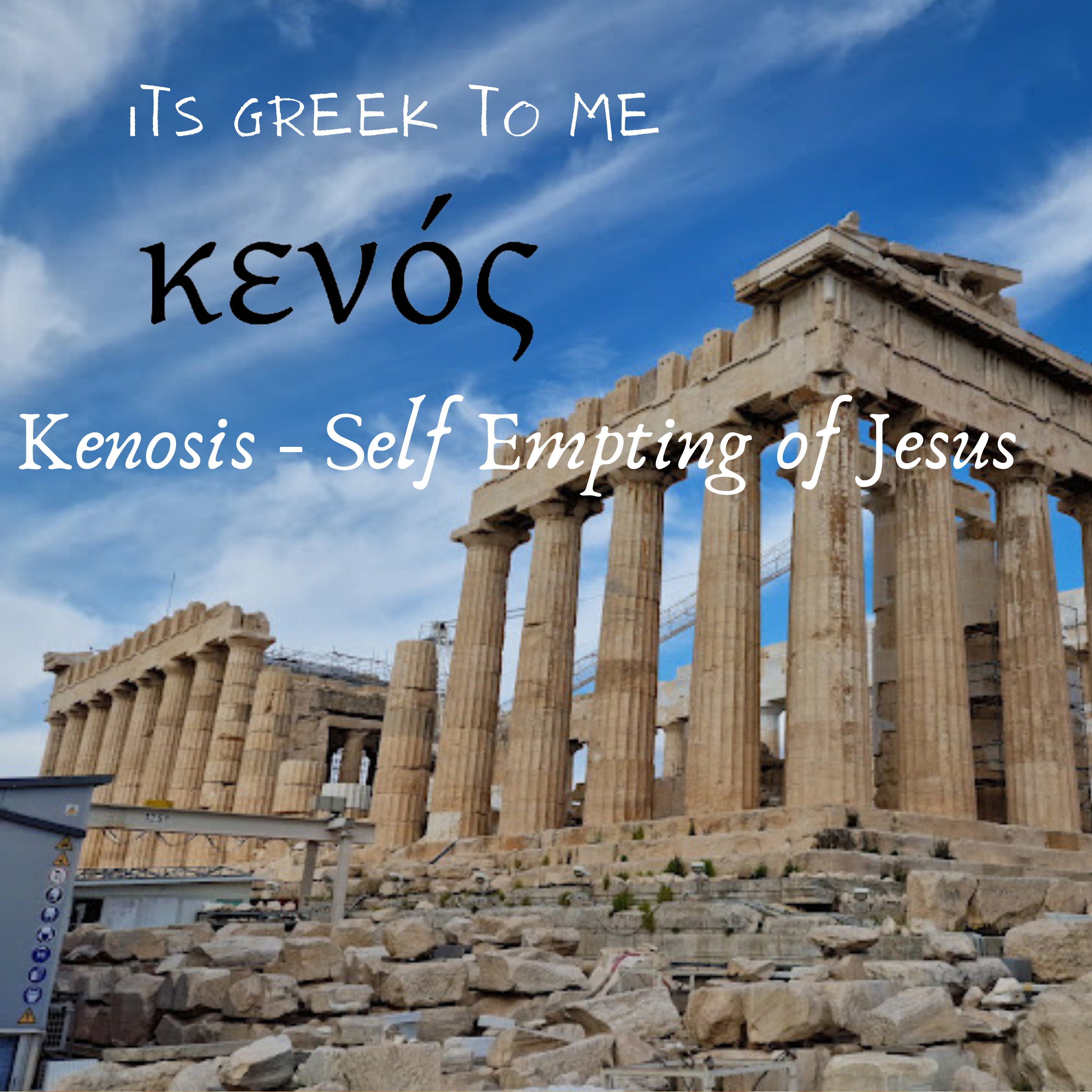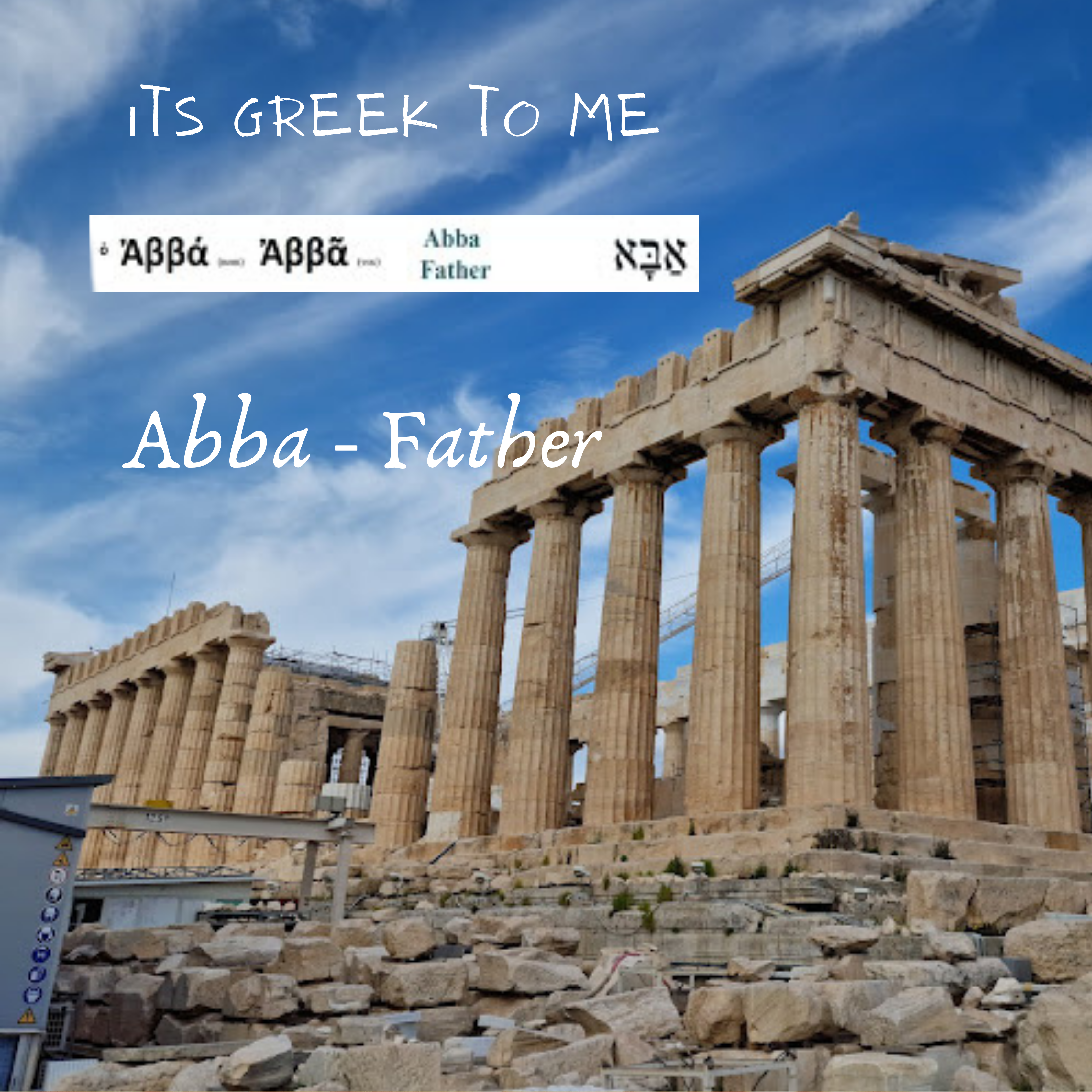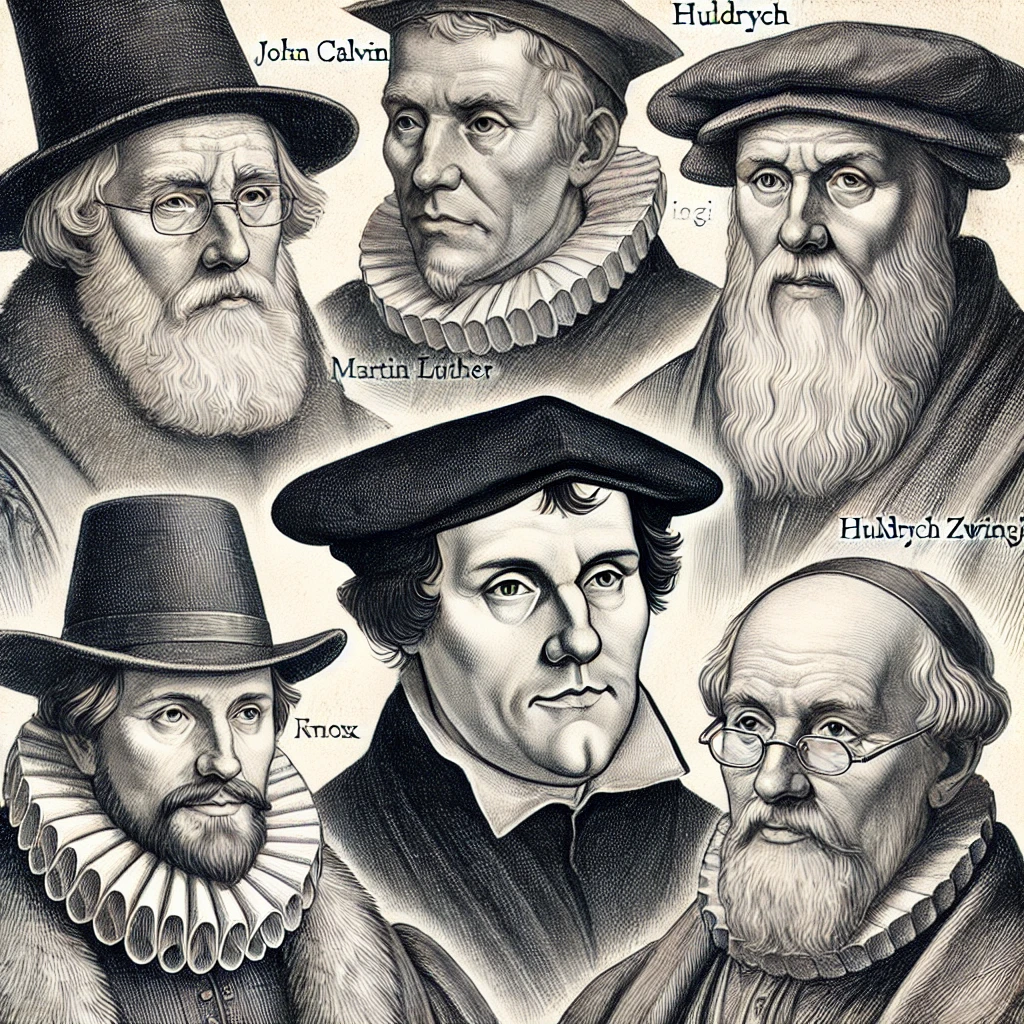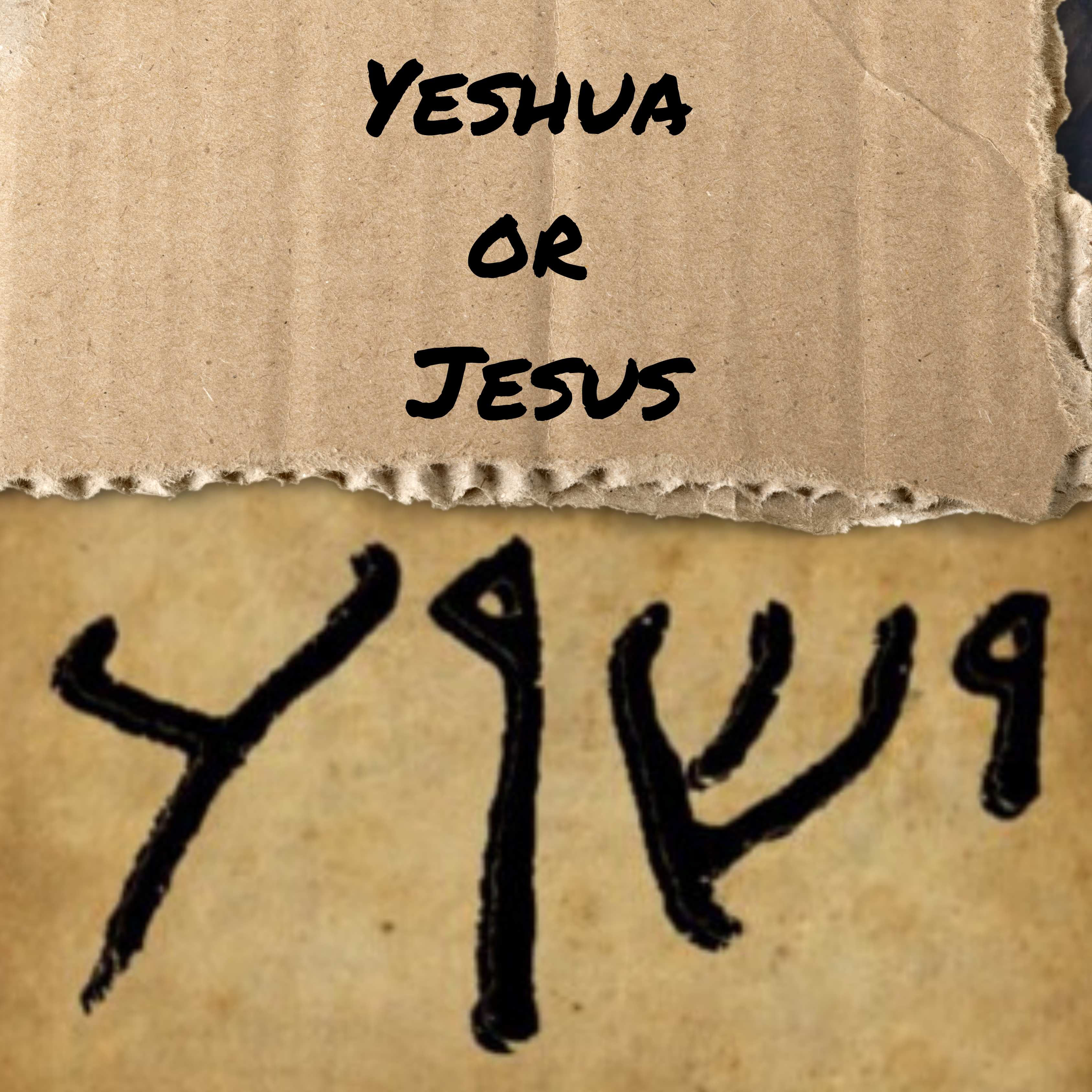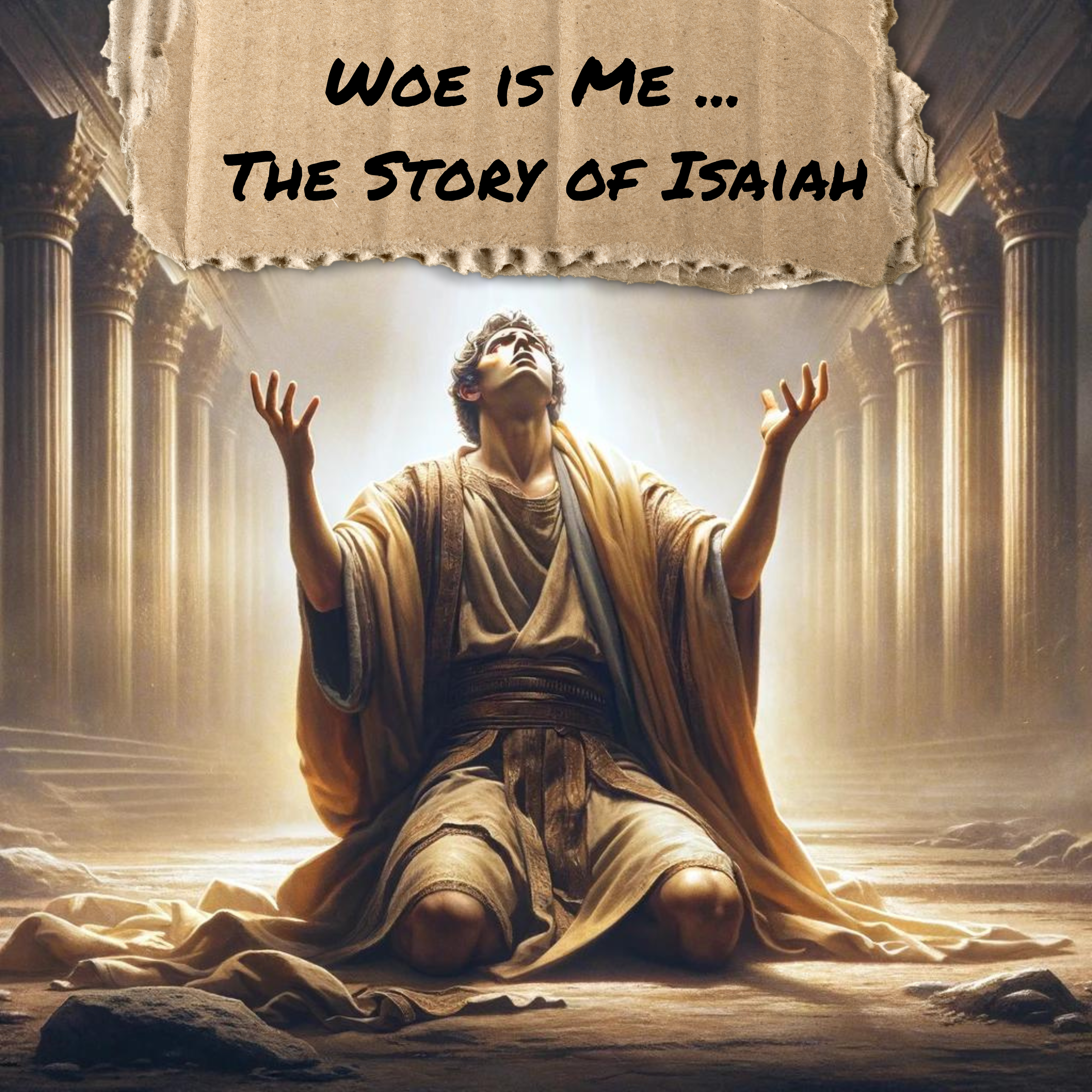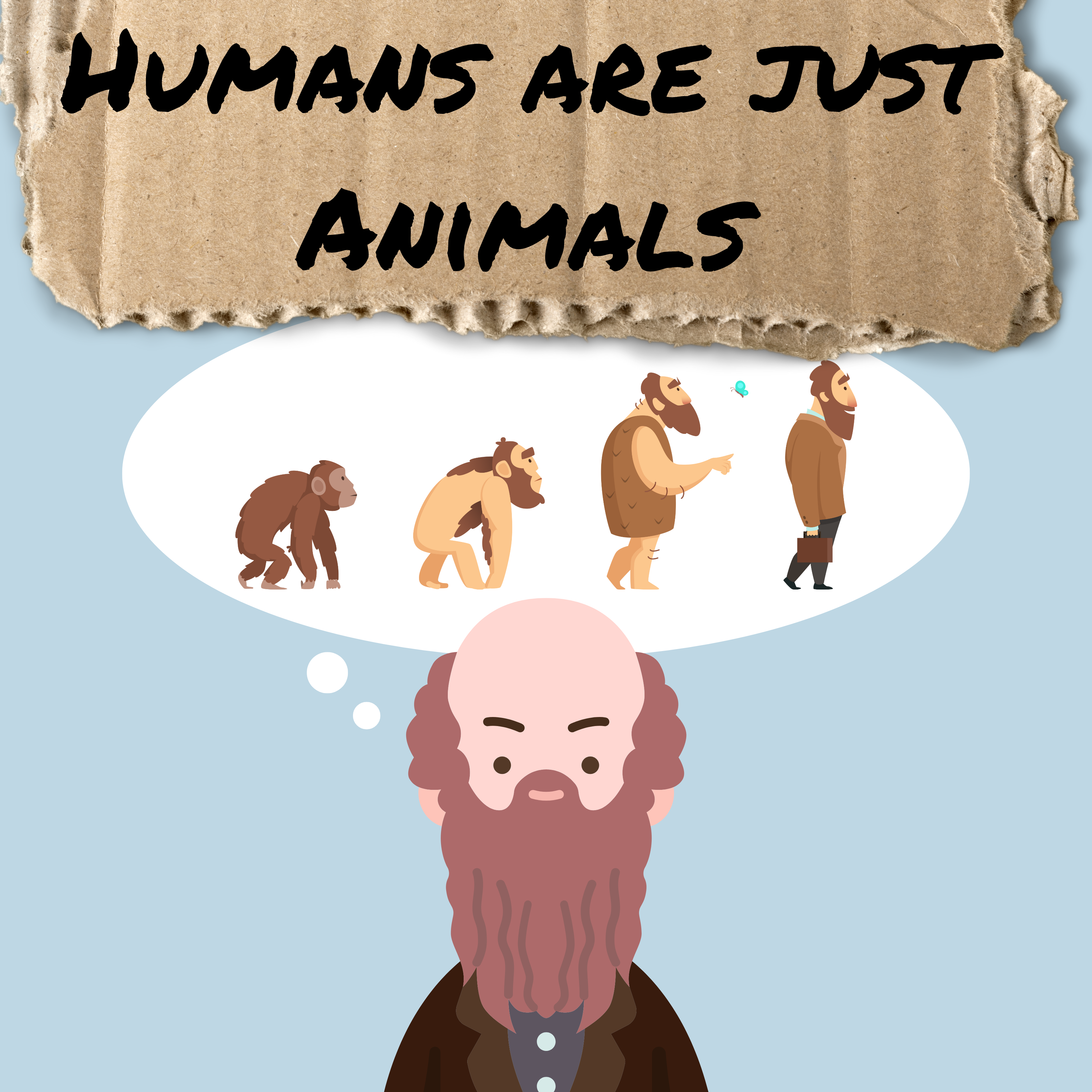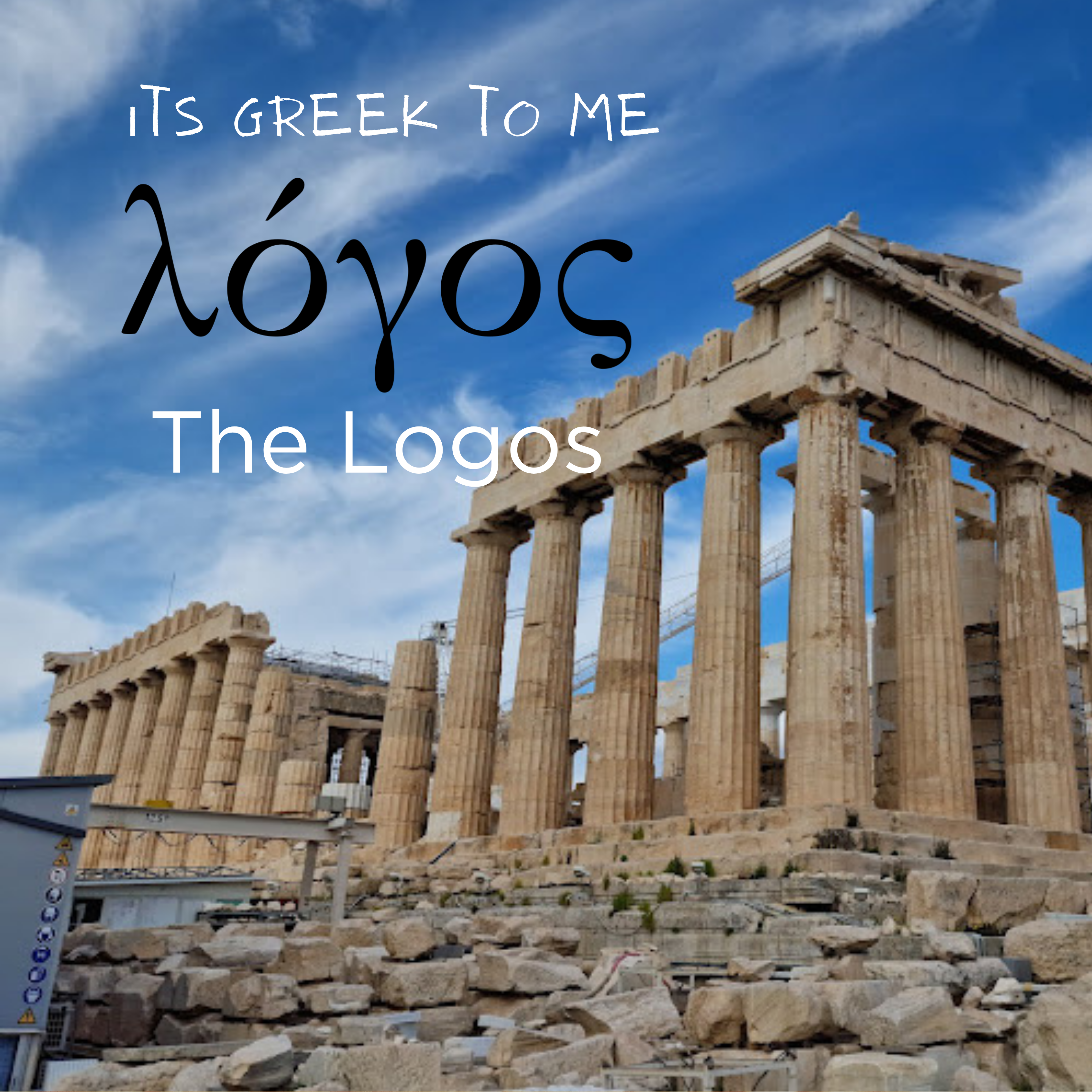
In the inaugural edition of our series “It’s Greek To Me,” we delve into one of the most profound and significant Greek words in Christian theology: Logos. Translated as “Word” in English, Logos is a term that resonates throughout Christian scripture and philosophy, offering a deep and multifaceted understanding of Christ’s role in the cosmos.
The Origins of Logos
The concept of Logos has roots that reach deep into ancient Greek philosophy. Predating Christian thought, it was used by philosophers like Heraclitus and later by the Stoics to denote the rational principle that orders and animates the universe. For Heraclitus, Logos was the reason behind the cosmic harmony, despite the apparent chaos.

Logos in the New Testament
In Christian theology, however, the term takes on a more profound and personal dimension. The most famous usage of Logos in Christian scripture is found in the opening verses of the Gospel of John: “In the beginning was the Word (Logos), and the Word was with God, and the Word was God” (John 1:1). This verse not only echoes the opening of Genesis but also sets the stage for understanding Jesus Christ as the Logos incarnate – the living, breathing embodiment of God’s rational and creative principle.
Theological Implications
The identification of Christ as the Logos was revolutionary. It bridged the Hellenistic idea of a cosmic order with the Judeo-Christian belief in a personal, creative God. This blend of Greek philosophical concepts with Jewish theology offered a unique understanding of Jesus’ nature and mission. As Logos, Christ is seen as the agent of creation (John 1:3), the source of life and light for humanity (John 1:4), and the ultimate revelation of God’s nature (Hebrews 1:3).
Logos and the Incarnation
The doctrine of the Incarnation is central to Christianity, and the concept of Logos plays a crucial role in it. In John 1:14, it is stated, “The Word became flesh and made his dwelling among us.” This verse underscores the belief that in Jesus, the Logos, the intangible attributes of God – His reason, wisdom, and plan for salvation – were made tangible and accessible to humanity.
The Universal and the Personal
What makes Logos a fascinating study is its ability to convey both the universality of God’s creative and rational order and the personal nature of God’s engagement with the world through Jesus Christ. It speaks of a God who is both infinitely beyond the universe and intimately involved in its every detail.
Conclusion
Logos, therefore, is not just a word; it’s a concept that captures the essence of Jesus’ divine identity and mission. It bridges the human and the divine, the philosophical and the theological, the universal and the personal. As we explore the depths of this significant term, we gain a richer understanding of the Christian faith and the central figure of Jesus Christ, the Logos, who enlightens, enlivens, and gives meaning to all existence.

